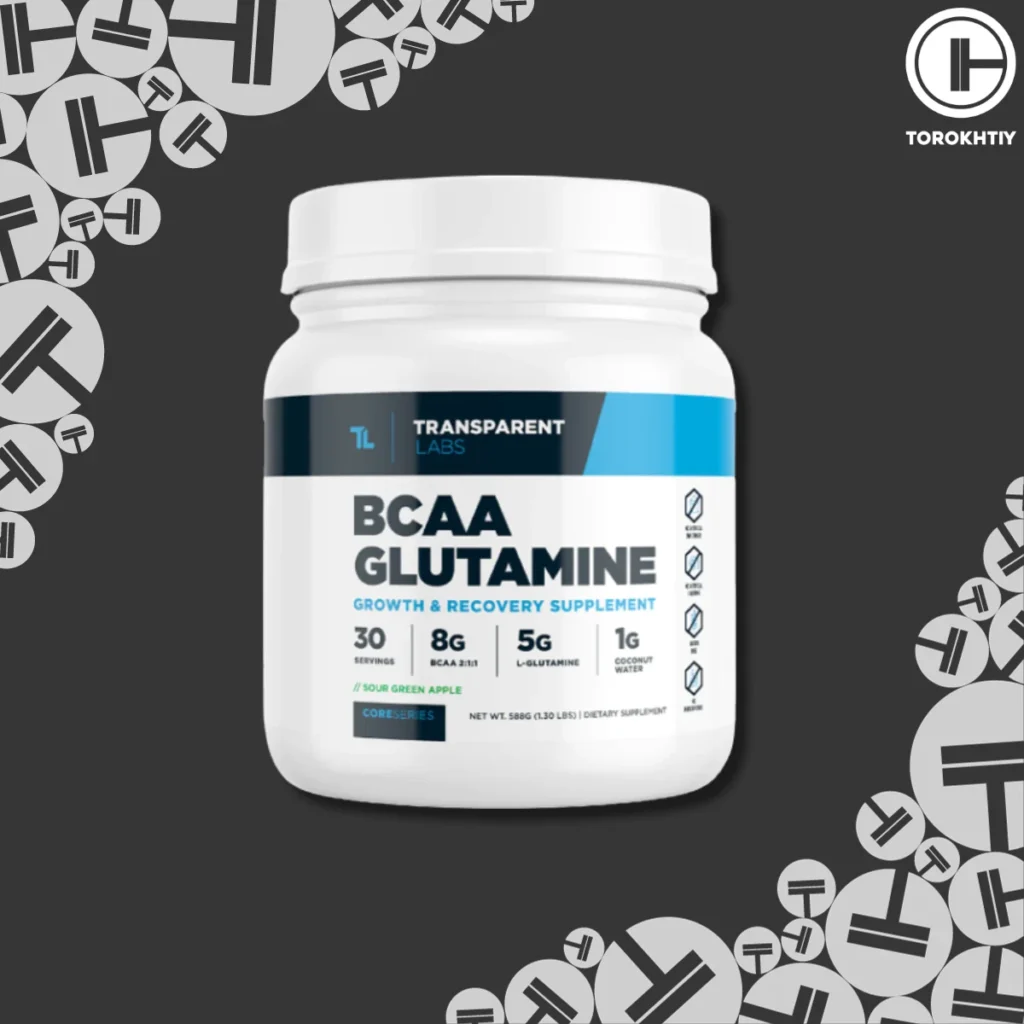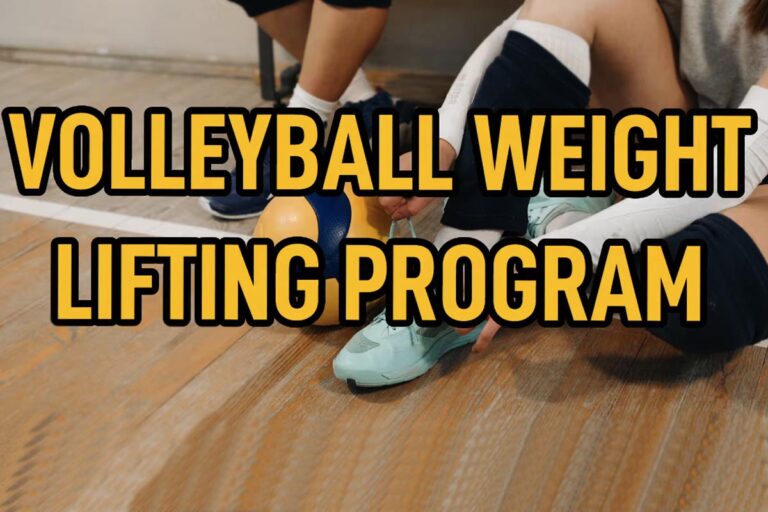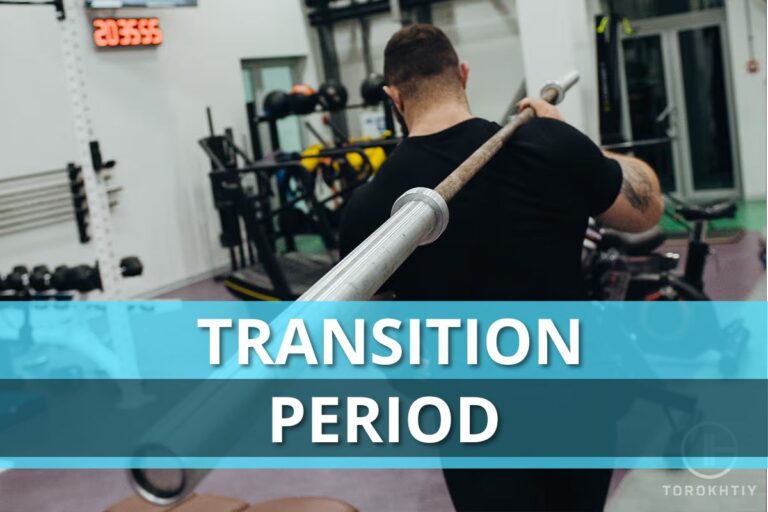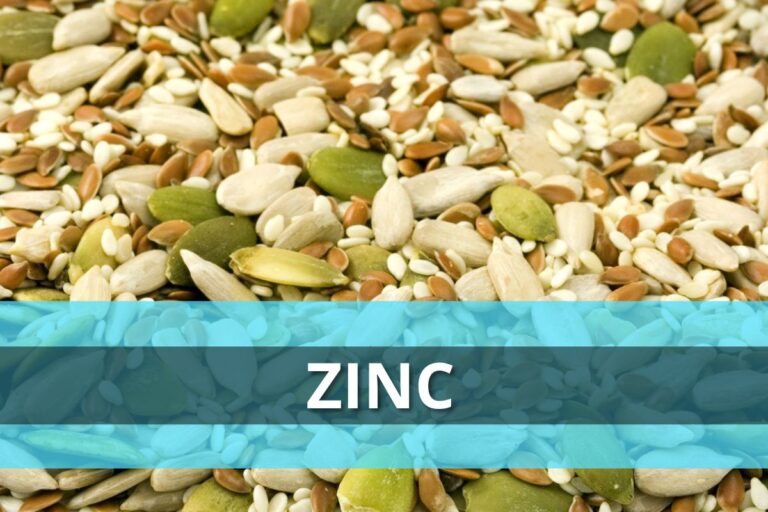Glutamate Vs Glutamine: Do You Need Any of These?
Are you curious about the difference between glutamate vs glutamine? In this article, we’ll be going over these 2 amino acids to see if either needs to be supplemented. In short, while both of these amino acids are produced by the body, Glutamine supplementation may be beneficial in specific situations. There doesn’t appear to be any reason to supplement with Glutamate.
The difference between Glutamate vs Glutamine is their function in the body. Glutamine is actually derived from Glutamate. Glutamine plays a role in the immune system, muscle function, and gut health. The main function of Glutamate is as a neurotransmitter. Supplementation is not necessary for either amino acid.
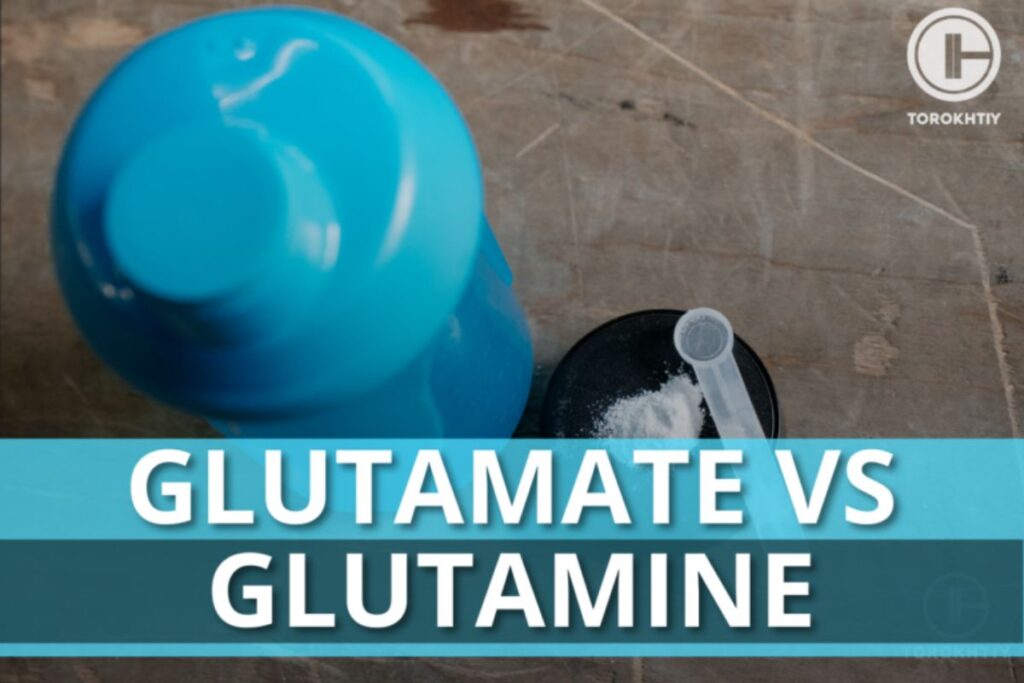
What Is Glutamine?
Glutamine is a nonessential amino acid, meaning the body produces enough on its own to sustain bodily function. It plays a role in protein synthesis, immune function, gut health, and more in the body.
Glutamine supplementation has been shown to be beneficial for recovery. However, results from a meta-analysis show limited results, making it difficult to recommend the use of glutamine for athletes. Overall, unless you are sick, glutamine supplementation is unnecessary.
Glutamine supplementation appears to be most beneficial as part of medical treatment for conditions that affect the gut. This is likely because certain illnesses can lead to glutamine deficiency, and supplementation may benefit overall immune function.
What Is Glutamate?
Glutamate, commonly referred to as Glutamic Acid is also a nonessential amino acid. It’s mainly used as a neurotransmitter.
Because of its function, it’s theorized that supplementation may help with intellectual disorders or childhood behavioral issues. It’s worth noting that these claims are unsubstantiated and there are no solid studies to back up the use of Glutamate supplementation, especially in healthy individuals.

Do You Need Supplementation?
Because both Glutamine and Glutamate are nonessential amino acids for healthy people, no you don’t need to supplement with either. While we can’t recommend Glutamate supplementation for any reason, you may still be interested in trying Glutamine supplementation.
While results are mixed, supplementing with high doses may lead to improved recovery, reduced time to exhaustion. With that being said, don’t expect supplementation at any dose to lead to game-changing results.
It may also be recommended in addition to treatment for those with illnesses that lead to glutamine deficiency or intestinal malfunction. Please consult with your doctor for medical advice on the use of glutamine.
Overall, you’re better off looking elsewhere if you’re planning on using glutamine as an exercise supplement. However, it may be beneficial medically when recommended by your doctor.
Best Glutamine Supplement
As mentioned above, it’s important to note that Glutamine supplementation shows mixed results, with best results coming with very high doses. With that being said, if you’re interested in trying it out, we recommend using Transparent Labs’ BCAA Glutamine supplement.
Each serving of this supplement contains 5g of Glutamine. Based on the studies mentioned above, it’s difficult to say if this relatively small amount will be beneficial for those looking to use glutamine for help with gut health and immune function. You may need to take several servings a day to get optimal effects.
This supplement contains BCAAs as an additional ingredient which is a similarly controversial supplement when compared to Glutamine. If you’re eating a protein-rich diet, you’re likely getting more than enough BCAAs already rendering additional supplementation unnecessary.
Vegans and vegetarians may benefit from additional BCAAs due to the lack of leucine in plant-based protein sources.
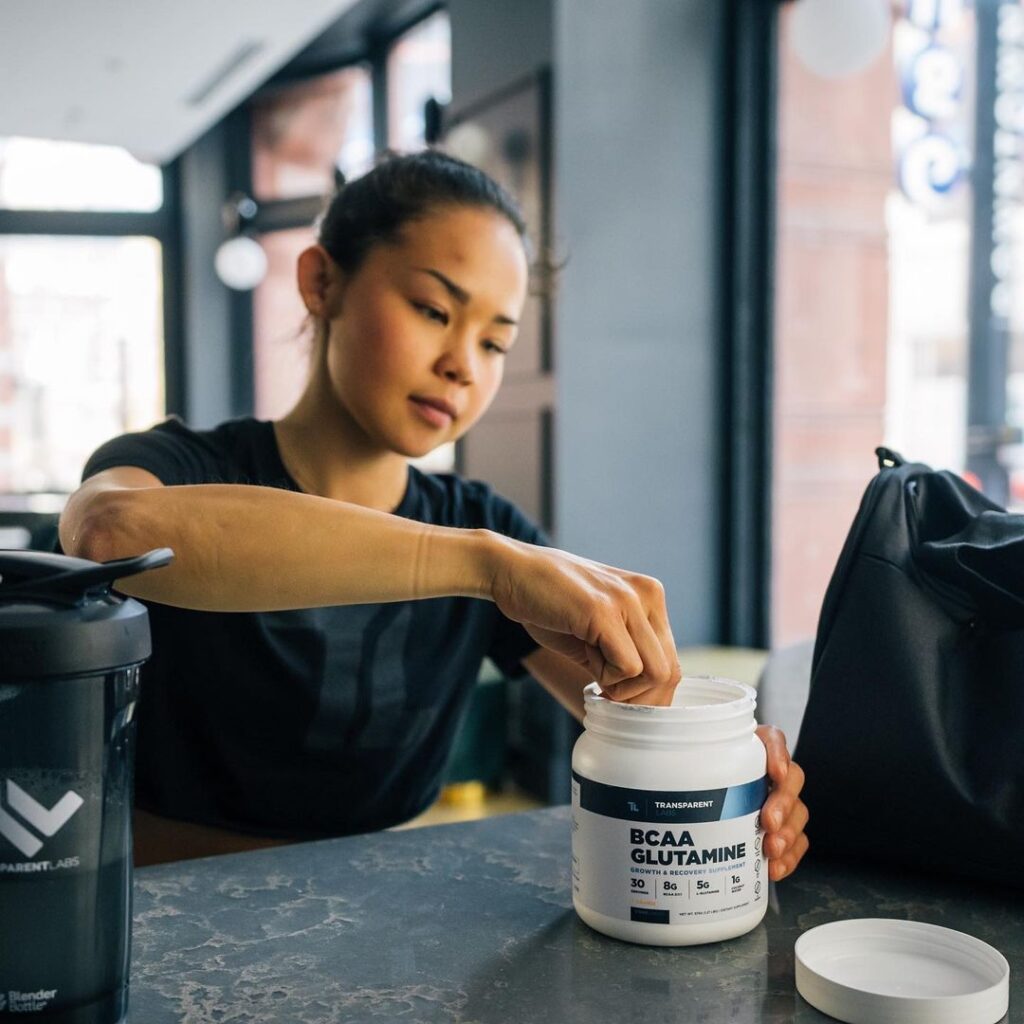
This supplement also contains 1g of Coconut Water Powder which is rich in electrolytes. Especially when combined with sodium, this supplement may be beneficial for rehydrating after long bouts of exercise.
It’s worth noting that this supplement comes in 4 unique flavors, and may be best used as a flavor enhancer for plain water. It’s also made without any additional artificial ingredients making it ideal for those who prefer all-natural supplements.
Finally, in terms of price, each serving will cost you about ~$0.75. Considering that you’d need to take multiple servings to maximize the effectiveness of Glutamine, this is rather pricey. Although, if you’re primarily using it as a natural flavor enhancer it’s not too expensive!
FAQ
Does Glutamine Turn Into Glutamate?
Yes, Glutamate in the body is turned into glutamine, and glutamine also turns into glutamate. Most of the glutamate in our body comes from converted glutamine. However, both of these amino acids can also be found in many different protein sources.
What Is the Relationship Between Glutamate and Glutamine?
Glutamate and Glutamine are both nonessential amino acids, meaning they are produced by the body. They have an interesting relationship because most of the glutamine in the body is a product of glutamate. The body can also synthesize glutamate from glutamine, leading to homeostasis on the body.
Is Glutamine or Glutamate an Amino Acid?
Yes, both of these nutrients are amino acids. It’s worth noting they’re both nonessential amino acids, meaning they do not need to be prioritized in the diet. Both of these amino acids are produced in sufficient quantities by the body.
Is Glutamic Acid the Same as Glutamine?
No, glutamic acid is a name used to refer to glutamate – not glutamine. You may also be wondering, “Is glutamate and glutamine the same too?” Although these also have similar names, there is a difference between glutamine and glutamate.
Conclusion
When considering Glutamic Acid Vs. Glutamine, it’s important to remember that they’re both produced in sufficient quantities by the body. This means neither Glutamine or Glutamate needs to be supplemented or prioritized in the diet.
While Glutamate supplementation doesn’t serve any purpose, it appears especially high doses of Glutamine may have some positive results on recovery. If you’re interested in supplementing with Glutamine, consider checking out BCAA Glutamine from Transparent Labs.
Were you aware of the differences between these 2 amino acids? Are you considering supplementing with glutamine? Let us know your thoughts in the comments below!
Also read:
- L-Arginine vs L-Citrulline: Which Is Better
- L Citrulline or Citrulline Malate
- Foods High in L Arginine
- Best Time to Take Glutamine
- Best Time to Take L-Carnitine
- Acetyl L-Carnitine or L-Carnitine
- L Carnitine for Weight Loss
- Best L Carnitine Products
- L Arginine Weight Loss
References:
- Labow, B., Souba, W. “Glutamine.” World J. Surg. 24, 1503–1513 (2000).
- Raizel, R., Tirapegui, J., “Role of glutamine, as free or dipeptide form, on muscle recovery from resistance training: a review study” Nutrire 43, 28 (2018).
- Zachary Legault, et. al, “The Influence of Oral L-Glutamine Supplementation on Muscle Strength Recovery and Soreness Following Unilateral Knee Extension Eccentric Exercise” International Journal of Sport Nutrition and Exercise Metabolism, Volume 25, Iss. 5, 417-426 (2014)
- Amirhossein Ramezani Ahmadi, et. al, “The effect of glutamine supplementation on athletic performance, body composition, and immune function: A systematic review and a meta-analysis of clinical trials” Clinical Nutrition, Volume 38, Issue 3. 1076-1091. (2019)
- Department of Surgery, “Glutamine,” NYU Grossman School of Medicine, https://froemkelab.med.nyu.edu/surgery/content?ChunkIID=21749 (Accessed Oct. 25, 2023)
- Brosnan, J.T., Brosnan, M.E. “Glutamate: a truly functional amino acid.” Amino Acids 45, 413–418 (2013).
Why Trust Us?
With over 20 years in Olympic Weightlifting, our team does its best to provide the audience with ultimate support and meet the needs and requirements of advanced athletes and professional lifters, as well as people who strive to open new opportunities and develop their physical capabilities with us.
By trusting the recommendations of our certified experts in coaching, nutrition, dietology, and sports training programming, as well as scientific consultants, and physiotherapists, we provide you with thorough, well-considered, and scientifically proven content. All the information given in the articles concerning workout programming, separate exercises, and athletic performance, in general, is based on verified data. We ensure that you can rely on our professionals’ pieces of advice and recommendations that can be treated as personalized ones which will benefit you and fully meet your needs.
The product testing process is described in more detail here
Author: Jacek Szymanowski
Certified Nutritionist,
M.Sc.Eng. Biotechnology
Performance Architect,
Strength and Conditioning Specialist
With over 30 years of fighting experience, specialization in nutrition coaching for athletes, and expertise in metabolic health and dietary strategies, Jacek offers a comprehensive approach to optimizing your performance and well-being. Backed by a Master of Science degree in Biotechnology, Jacek remains at the forefront of scientific advancements, ensuring that his coaching is always evidence-based and up-to-date.

